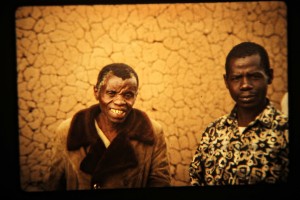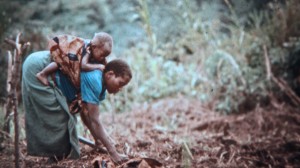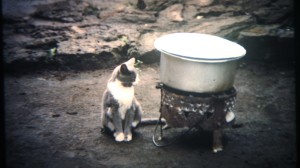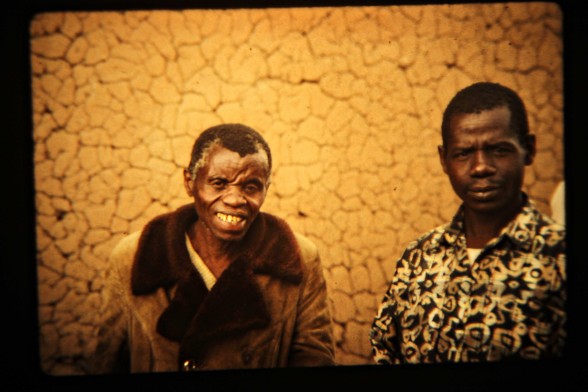 For two years in the early 1990’s, I lived in Bingi, a small village about 10 miles off the main dirt road that ran from Rutshuru to Butembo through the Kivu region of the Congo. As any Peace Corps Volunteer can tell you, the term, ‘surreal’ becomes an everyday word. What planet is this? Only wispy shortwave broadcasts remind you of Earth. Even the most well-to-do people seem impoverished by our standards, and since the natural and man-made disasters in this region are well documented, I can assure you that nothing has improved in the eastern Congo.
For two years in the early 1990’s, I lived in Bingi, a small village about 10 miles off the main dirt road that ran from Rutshuru to Butembo through the Kivu region of the Congo. As any Peace Corps Volunteer can tell you, the term, ‘surreal’ becomes an everyday word. What planet is this? Only wispy shortwave broadcasts remind you of Earth. Even the most well-to-do people seem impoverished by our standards, and since the natural and man-made disasters in this region are well documented, I can assure you that nothing has improved in the eastern Congo.
You won’t find a single bar of cell coverage. There is no electricity. Friends are still dying from Malaria and AIDS. If they had social media, they would’ve added Fear-of-Death-by-Roving-Militias as a Life Event to their Facebook Page. Generally, there has been very little added comfort through advancing technology in the Third World.
Yet, these people still plant, grow, and harvest all of their own food. If there is any excess, they barter for something they need. They re-purpose tin cans as cups and rags as soccer balls. In other words, they use sustainable, green-like technologies.
For most of us, no electricity would soon mean… no food. But what does no electricity mean for the third world? Well… pretty much business as usual… no phones, no lights, and no hash-tag anything. They would still laugh, cry, get married, have kids and grand-kids,  and then die. How important is this electricity you speak of?
and then die. How important is this electricity you speak of?
The night sky in Bingi was amazing. No light pollution meant that you could see or imagine every star in the universe. The Milky Way ran from horizon to horizon.
The stars are visible because there’s no technology. But you’re reading about them… because there is.
Surreal should be an everyday word.
